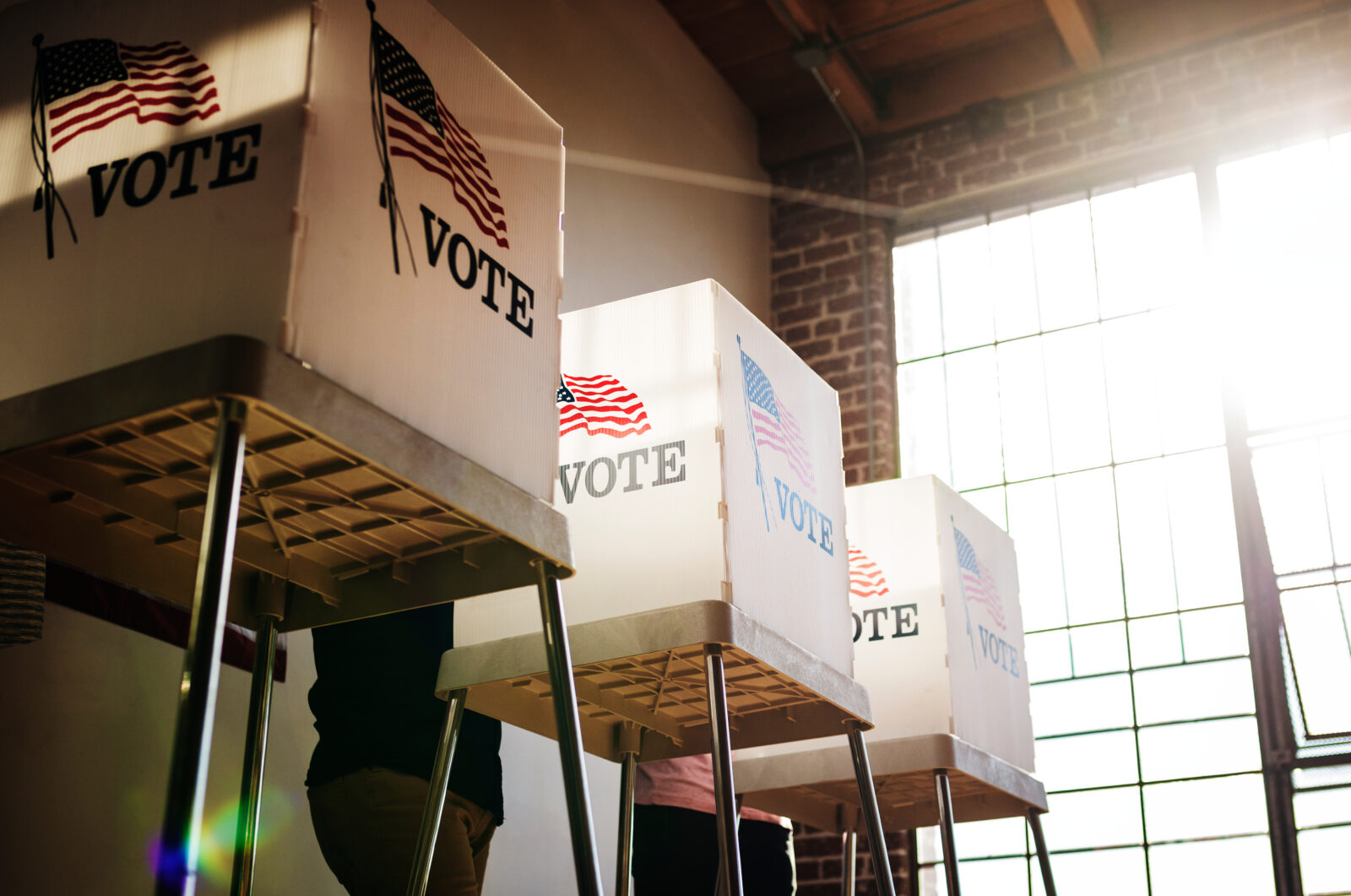Gramm on course to win lion’s share of state’s GOP delegates
Originally published at Seattle Post-IntelligencerPresidential candidate Phil Gramm of Texas already seems set to win the lion’s share of Washington state’s 36 delegates to the Republican National Convention in San Diego next summer. This outcome may not be clear at the time of the state GOP precinct caucuses on March 5, let alone at the state’s presidential primary on March 26. But, despite the large poll lead Senate Majority Leader Bob Dole has enjoyed and the rising populating of publisher Steve Forbes, look for an Evergreen State majority for Sen. Phil Gramm.
The reason is that even with a presidential primary, old-fashioned party organizing still matters more in Washington state than elsewhere. Under our system, while one-half to he state’s delegates to the Republican National Convention vote according to the results of the primary, the other half are still allocated by the party organization. (The Democrats allocate all their delegates through the caucus process, thereby turning their primary into little more than a beauty contest. But, of course, President Clinton has not Democratic competition this year, anyhow.)
On the evening of March 5, GOP precinct meetings will choose delegates to the district conventions, where delegates to the state convention will be chosen, It is the state convention that, finally, chooses delegates to the national convention.
Gramm, an economic and social conservative, has natural appeal to the rank-and-file Republicans who usually turn out for the caucus process. More importantly, Gramm has the only campaign so far that is doing much about organizing caucus support.
But didn’t the Dole campaign just announce a string of impressive Washington state elected officials who endorse Dole? Yes, but as a laconic Gramm observed during a quick press conference at Boeing Field las week, “Bob Dole gets the people at the head table and I get the people sitting in the audience.”
Well, what about the 18 delegates–one half of the state’s total allotment–whose convention nominating votes will be determined by the results of the presidential primary? Isn’t Dole the likely primary winner?
Yes, and the latest Elway Poll in this state has him far ahead of the pack. But, unlike the party’s caucus-convention system, the delegate votes decided by the primary are not allocated on the winner-take-all principle, but according to a proportional formula; e.g., if a candidate wins 30 percent of the primary vote, he gets 30 percent of the delegate votes.
Let’s say, as a mere hypothesis, that Dole still leads in the polls by late March and wins 40 percent of the primary vote. Forbes and Gramm get 20 percent each and the balance is divided among the other candidates. But if none of the lesser lights passes the 10 percent threshold that legally qualifies him for delegates (and none of them is even close to double digits in the polls now), those votes disappear and are reallocated among the major candidates. Thus, Dole’s share would grow but so, to a lesser degree, would Gramm’s and Forbes’.
When you put the two totals together–the prize of something close to winner-take-all support from the party organization process and perhaps a quarter of the votes determined by the primary–Gramm arrives in San Diego, according to my hypothetical example, with more than 60 percent of Washington’s delegates.
Moreover, regardless of how the national convention votes are allocated, all the actual individuals who cast them as delegates will be chosen by the party at the state convention. It would seem likely that the dominant forces at the convention would pick Gramm people for all the delegation slots–including those pledged by the primary to cast votes for other candidates. That way, if any of the other candidates drop out of the race before or during the national convention, the delegates pledged to cast votes for them could switch to Gramm.
All of this leads me to believe that the Washington state delegation battle may be over before it begins. Of course, Dole and Forbes or some other candidate could manage in the next five weeks to organize successful caucus turnout efforts, or Gramm could be so badly defeated in Iowa and New Hampshire next month that his supporters would switch allegiances before the caucuses in Washington state.
But don’t bet on it. Well before the Iowa caucuses or New Hampshire’s primary come caucuses in Alaska Jan. 29 (next Tuesday!) and others in Louisiana, Feb 6. Gramm is expected to do well in Alaska and to win in Louisiana, where Dole is not contesting him. Gramm’s chances also look good in Delaware only four days after the New Hampshire show. In other words, regardless of the publicity “bounce” that winners normally get from the Iowa and New Hampshire results, Gramm is going to be getting some good news, too, and actually may lead in delegate count by the time of the Washington caucuses.
Am I predicting yet that Gramm will go on to win the GOP nomination? Not really. More states are holding primaries this year than ever before, and in most of those contests Dole presently leads. He also is far ahead in fund-raising, which means he will be able to get his message out on television better than the other candidates. The exception is Steve Forbes, who can write his own checks. Forbes’ polling numbers have been surging in New Hampshire and Arizona, another early primary state. His cheerful, easy manner, like Reagan’s in 1980, seems to communicate well on TV. Even if he does not overtake Dole, he stands to distract attention from Gramm. So the nomination is still in doubt. But the same is probably not true for Washington state’s role in deciding it.
Remember, you read it here first. Unless, of course, I’m wrong; in which case, forget all about it, will you?

